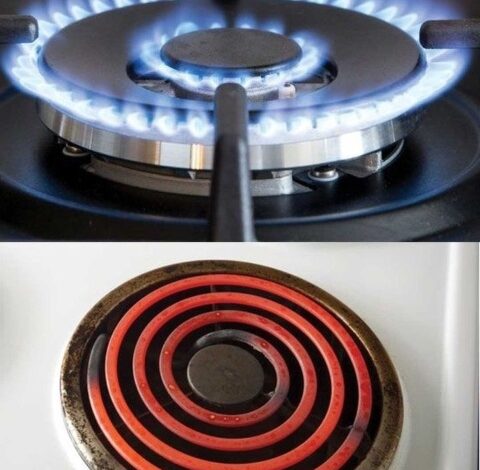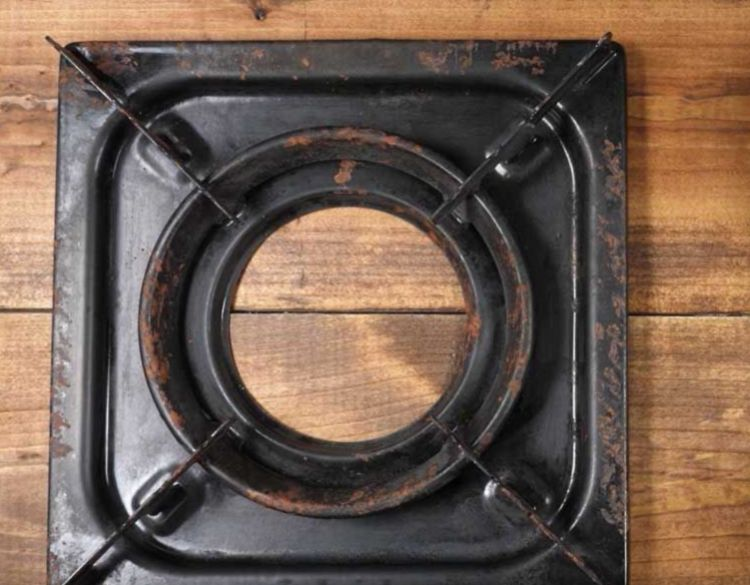What’s better, gas or electric for cooking? Here are some things you should know

When it comes to cooking, one of the most fundamental choices homeowners face is whether to opt for a gas stove or an electric one. The decision often hinges on personal preferences, cooking habits, safety concerns, and even budget considerations. Let’s delve into the debate between gas and electric stoves to help you make an informed decision for your kitchen.
ADVERTISEMENT
Cost Considerations
1. Upfront Investment
ADVERTISEMENT
Purchasing a new stove is a significant investment, and the initial cost varies between gas and electric options. While electric stoves generally have a lower starting price, gas stoves offer a broader range of features at competitive prices.
ADVERTISEMENT
2. Long-term Savings
Despite potentially higher upfront costs, gas stoves typically offer savings in utility bills over time. The cost-effectiveness of gas versus electric stoves depends on regional utility rates and usage patterns.
Safety Features
1. Gas Stove Safety
Gas stoves are known for their open flames, which can pose safety risks, especially in households with children or pets. However, gas stoves feature visible flames, making it easier to identify when burners are active.
2. Electric Stove Safety
Electric stoves are generally considered safer due to their lack of open flames. However, they can still present burn risks, particularly with hot burners that lack visual indicators.
Cooking Performance
1. Speed and Efficiency
Gas stoves offer rapid heating, making them preferred for cooking methods requiring quick temperature adjustments. This feature makes gas stoves popular in professional kitchens.
2. Heat Distribution
Electric stoves provide more even heat distribution, particularly in ovens, resulting in consistent cooking results. Gas stoves may require food to be rotated more frequently for even cooking.
Versatility
1. Gas Stove Advantages
Gas stoves excel in tasks like flambeing, charring, and toasting, offering greater versatility in cooking techniques compared to electric stoves.
2. Electric Stove Ease of Cleaning
Electric stoves, especially flat-top models, are easier to clean than gas stoves. The smooth surface allows for effortless wiping, while coil burner models require minimal maintenance.
In conclusion, the choice between gas and electric stoves ultimately depends on individual preferences, cooking needs, and safety considerations. While gas stoves offer faster heating and greater versatility, electric stoves prioritize safety and ease of cleaning. By weighing these factors, you can select the stove that best suits your culinary requirements and lifestyle.









